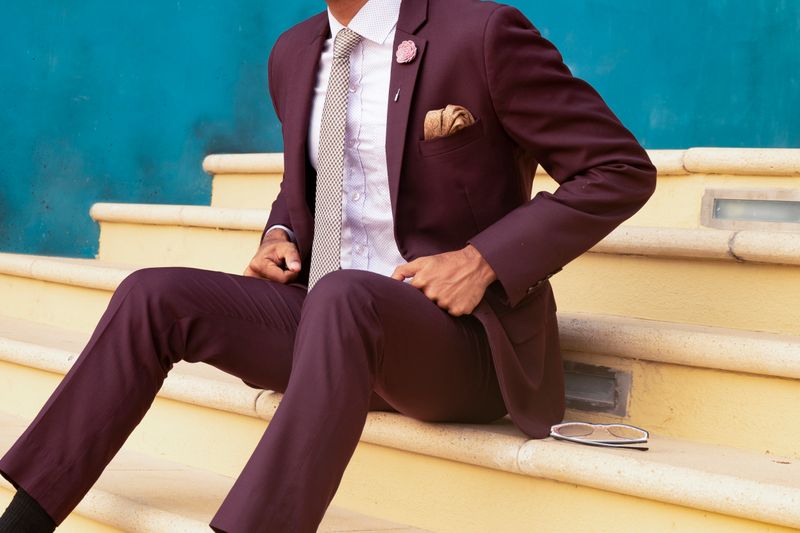Billy Porter Calls Out Anna Wintour Over Harry Styles’ Vogue Cover
Billy Porter, the groundbreaking actor known for his gender-fluid fashion statements, has publicly criticized Vogue editor-in-chief Anna Wintour over the magazine’s choice to feature Harry Styles on its cover in 2020. In an interview with The Telegraph, Porter expressed his belief that Styles was chosen for the cover because he is “white and straight.” Porter feels that the fashion industry is using his community to elevate individuals like Styles without making necessary sacrifices.
A Conversation with Anna Wintour
Porter revealed that he had a conversation with Anna Wintour months prior to the unveiling of the cover. He stated that Wintour asked him how Vogue could do better in regard to representing marginalized communities. However, Porter admits that he was taken off guard and did not respond as he should have. Reflecting on the conversation, Porter believes that he should have urged Wintour to use Vogue’s power to uplift leaders of the gender-neutral fashion movement.
The Gatekeepers of Fashion
Porter makes it clear that he does not hold Harry Styles responsible for being featured on the cover. Instead, he asserts that the blame lies with the gatekeepers of the fashion industry. By gatekeepers, Porter refers to those with the power to decide who gets to be represented and celebrated in the industry. He believes that it is the responsibility of these gatekeepers to use their power to provide platforms for the leaders of marginalized communities.
Criticism of Vogue’s Decision
This is not the first time that Billy Porter has voiced his dissatisfaction with Vogue’s choice to feature Harry Styles on the cover. He previously expressed his belief that it was an act of erasure for people of color, especially considering his own contributions to the conversation on non-binary fashion. Porter feels that by featuring Styles, who is a straight white man, Vogue missed an opportunity to uplift and celebrate the voices and experiences of people of color.
A Deeper Conversation
Porter emphasizes that his criticism is not solely about Harry Styles but about the systems of oppression and erasure of people of color within the fashion industry. He believes that this issue goes beyond one individual and requires a more nuanced understanding. Porter is willing to engage in this conversation, but he urges others to approach it without resorting to cancel culture or reducing complex issues to sound bites on social media.
Response from Vogue
In response to Porter’s comments, a spokesperson for Vogue expressed regret that Porter feels the way he does and acknowledged the work he has done in driving the conversation around genderless fashion.
Editorial
Billy Porter’s criticism of Vogue’s decision to feature Harry Styles on the cover raises important questions about representation, diversity, and power within the fashion industry. It prompts us to consider who gets to be celebrated and elevated in the media, and how these decisions perpetuate or challenge systemic inequalities.
The gatekeepers of the fashion industry, like Anna Wintour, have a significant role in shaping the narratives and standards of beauty and style. With this power comes great responsibility. Porter’s call for the use of this power to uplift and amplify marginalized voices is a reminder that inclusivity and representation should not be treated as mere tokens or trends.
It is crucial for the fashion industry to critically examine its practices and decision-making processes. By prioritizing diversity and actively working to dismantle oppressive systems, the industry can start to create a more inclusive and equitable space for all individuals, regardless of their race, gender, or sexual orientation.
Advice
To the gatekeepers of the fashion industry, it is essential to listen to the voices of those who have historically been marginalized and to take their insights seriously. Engage in conversations with activists, leaders, and members of diverse communities to better understand their perspectives and experiences. Actively seek out talents and voices that have been overlooked, and feature them prominently in your publications and platforms.
Recognize that representation is not a one-size-fits-all solution. It requires ongoing effort to ensure a wide range of identities and experiences are celebrated and visible. Embrace the complexity and diversity of human expression and challenge the narrow narratives that have dominated the fashion industry for far too long.
In doing so, the fashion industry has the power to not only shape cultural conversations but also dismantle harmful systems of prejudice and inequality. By fostering an inclusive and equitable environment, it can become a force for positive change, creating a future where fashion truly reflects the rich tapestry of human diversity.

<< photo by The Lazy Artist Gallery >>
The image is for illustrative purposes only and does not depict the actual situation.




